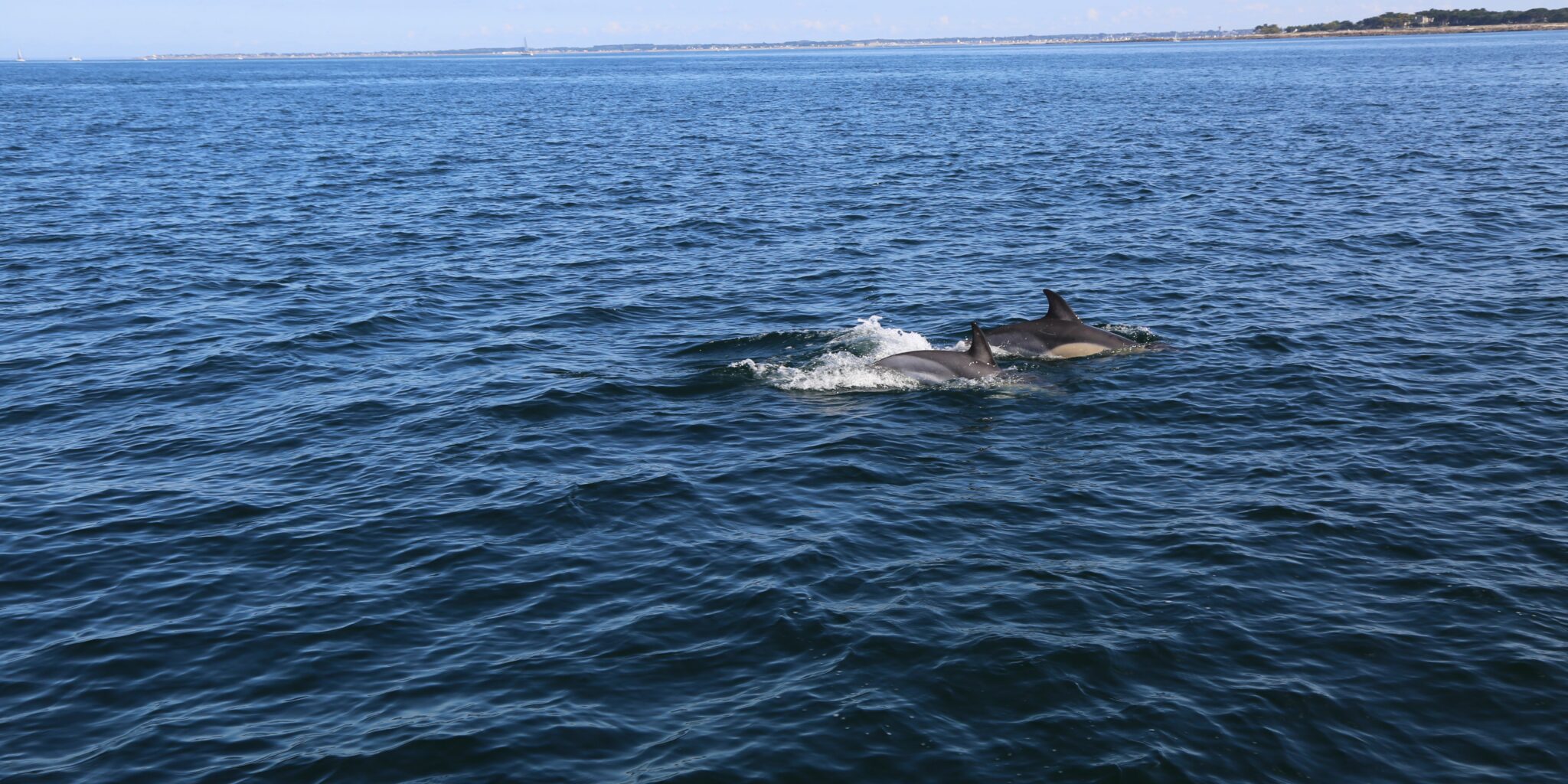
Who are the main actors in the fishing industry?
The fishing industry involves a variety of actors, including commercial fishermen, fish farmers, seafood processors, distributors, retailers, and government agencies.
Did you know that fishing is strictly regulated all over the world? To correctly manage the fishing industry, authorities and marine data scientists collect and analyze data to set up policies and regulations. The goal? Ensure that fishing activities don’t throw the ecosystem off balance.

The fishing industry involves a variety of actors, including commercial fishermen, fish farmers, seafood processors, distributors, retailers, and government agencies.

The fishing industry is a core sector of many countries’ commercial and economical success, and the oceans are its key resource. Governments have set up policies and regulations.

Fishing is strictly regulated over the world. Complete, reliable, and accurate data are mandatory for better fisheries management by marine data scientists and authorities.

Learn how vessel tracking systems revolutionize fishery management, combat illegal fishing, and support sustainable marine ecosystems.

Explore how visual monitoring systems revolutionize maritime logistics, enhance port and vessel safety, and drive operational efficiency.

Discover how visual monitoring systems revolutionize remote surveillance with AI, drones, and real-time analytics. Explore applications in maritime operations and beyond for enhanced efficiency and security.

Explore global fishing trends, confront challenges, and discover sustainability initiatives in the dynamic fisheries industry.

The fishing industry involves a variety of actors, including commercial fishermen, fish farmers, seafood processors, distributors, retailers, and government agencies.

The fishing industry involves a variety of actors, including commercial fishermen, fish farmers, seafood processors, distributors, retailers, and government agencies.

The fishing industry is a core sector of many countries’ commercial and economical success, and the oceans are its key resource. Governments have set up policies and regulations.

Fishing is strictly regulated over the world. Complete, reliable, and accurate data are mandatory for better fisheries management by marine data scientists and authorities.
There are many reasons why you should care about the fishing industry which brings together many stakeholders. Here are a few:
Economic Importance: The fishing industry is a significant contributor to local and global economies. Millions of people around the world depend on fishing for their livelihoods, and the industry generates billions of dollars in revenue each year. In addition, the fishing industry supports related industries such as shipping, processing, and marketing.
Food Security: Fish is a vital source of protein for billions of people around the world, particularly in coastal communities. As the global population continues to grow, the demand for fish is increasing, making the fishing industry crucial for ensuring food security for millions of people.
Environmental Impacts: The fishing industry can have significant impacts on the marine environment, including overfishing, habitat destruction, and bycatch (the unintentional catching of non-target species). These impacts can have negative consequences for marine ecosystems, including declines in fish populations, the loss of important habitats, and the extinction of endangered species. By caring about the fishing industry, you can help promote sustainable fishing practices and protect the health and well-being of marine ecosystems.
Cultural Significance: Fishing is often deeply rooted in the cultures and traditions of coastal communities around the world. By supporting sustainable fishing practices, you can help preserve these cultural traditions and ensure that future generations can continue to benefit from the resources provided by the ocean.
By caring about the fishing industry and supporting sustainable fishing practices, we can help ensure the health and well-being of marine ecosystems, as well as the millions of people who depend on fishing for their livelihoods and food security. The control of the fishing industry through government regulations is crucial to ensure the sustainability of the industry.